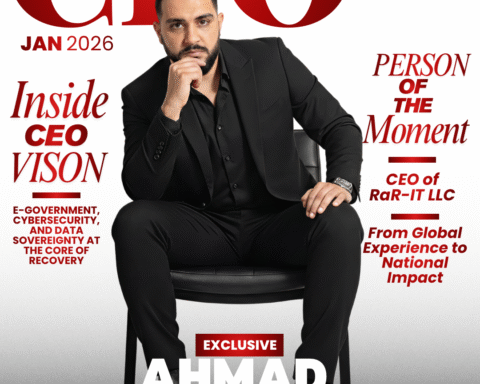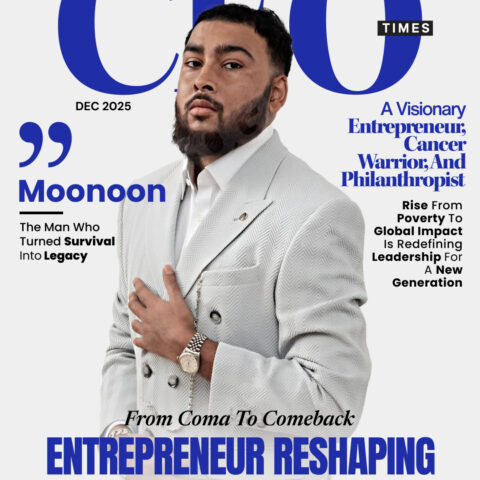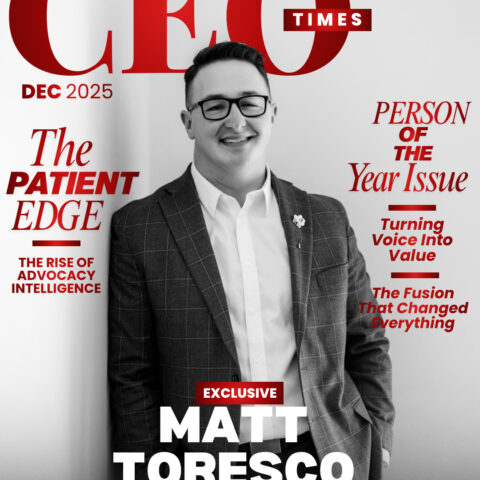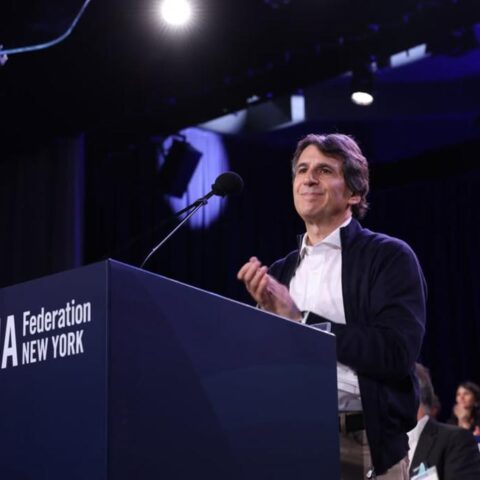Banking veteran emphasizes the lasting value of humanities degrees in the AI era, urging young professionals to focus on critical thinking and communication skills.
Bill Winters, the long-serving CEO of Standard Chartered, has sparked conversation across business and academic circles after calling his MBA from the prestigious Wharton School of Business “a waste of time.” Instead, he credits his undergraduate degree in international relations and history from Colgate University as the more valuable foundation for his 40-year career in global finance.
In a candid interview with Bloomberg’s Francine Lacqua, Winters, 63, reflected on the trajectory of his education and its relevance in today’s workforce. “I got an MBA later, but that was a waste of time,” he said bluntly. “I learned how to think at university.”
Graduating from Colgate in 1983, Winters emphasized that studying the humanities taught him essential critical thinking skills—skills that, he suggests, have been increasingly undervalued and even eroded in the modern workforce. “For the 40 years since I left university, those skills have been degraded, degraded, degraded,” he remarked.
However, Winters sees a shift coming. With AI transforming technical industries and automating routine tasks, he believes the demand for critical thinking, communication, and emotional intelligence is resurging. “In the age of AI, it’s critical that you know how to think and communicate,” Winters said. He was quick to clarify that communication, in this context, is not about replicating ChatGPT-style responses, but about understanding an audience with curiosity and empathy—skills that can’t be outsourced to machines.
This view aligns with similar sentiments from other industry leaders. Marco Argenti, Chief Information Officer at Goldman Sachs, wrote in the Harvard Business Review that today’s engineers should also be philosophers. It’s the advice he gave his own daughter when choosing a college major.
The rising prominence of AI makes this shift even more pertinent. Companies like Google, Microsoft, and Meta are integrating AI into their operations at scale—generating as much as 30% to 50% of new code using AI tools. This sweeping adoption of automation only intensifies the need for uniquely human capabilities.
Winters, who began his career at JPMorgan in 1983 and was once seen as a potential successor to Jamie Dimon before being ousted in 2009, joined Standard Chartered as CEO in 2015 after a stint running his own fund, Renshaw Bay. Through decades at the top, he’s now advocating for a revaluation of what we consider a “useful” education.
In a world increasingly dominated by algorithms and automation, Winters’ message is clear: the future belongs not only to those who can code, but to those who can think.

















